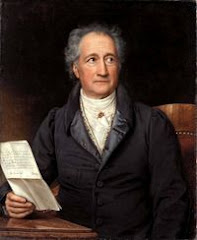Tuesday, March 11, 2008
Formal form
In the last couple of weeks we have really been driving home the fact that there was a large separation between the upper and lower classes in the middle ages. We have also discussed that this is when the German language was flourishing for the first time. I have done no research to this point, but it seems to make sense, that perhaps such a separation between classes during this time could have perhaps contributed to the the development of the Formal and Informal forms in the German language (Sie und du). As I said, i have done no research nor truly discussed this matter with anyone, but it does seem to make sense. I thought i would perhaps bring that up and see what some people thought about that thought.
Subscribe to:
Post Comments (Atom)







.jpeg)


1 comment:
This does sound like a reasonable possibility. My guess would be that Sie could have been the form that was spoken in courtly society, the way you might hear nobility in Medieval England speak to one another. While du could have been what commoners spoke with one another and that there were appropriate forms to use when addressing a person in an opposing class. All of course to maintain the trennung zwischen die beiden zeiten, to honor the nobility and to shame the poor. If this is in fact the origin of the two forms, what is fascinating is how the transition was made to the much broader all inclusive distinction that we know today. There are situations where any one of any background or socioeconomic status might use either of the forms. However, i am under the impression that there is a certain amount of reverence that is attached and demanded when using Sie with someone who is not a stranger, namely elders, and this does certainly relate to the proposed historic meaning of the forms. interesting thought.
C.Demes
Post a Comment